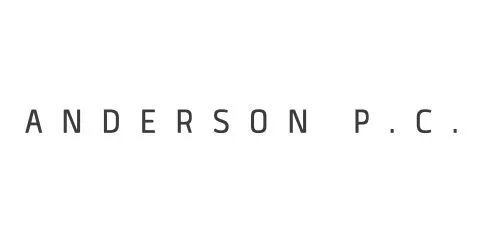The U.S. Securities and Exchange Commission's (SEC) once-robust whistleblower program appears to be undergoing a shift. Recent data show a sharp decline in award approvals alongside a dramatic increase in denials, signaling that the Commission is elevating the bar for claimants and taking a more exacting approach to eligibility.
The Longest Award Drought on Record
Between April 21 and July 15, 2025, the SEC denied whistleblower awards in 31 consecutive orders—covering at least 55 claimants. This three-month drought, identified through a Bloomberg Law review of 65 final orders issued this year, marks the longest stretch of blanket denials in the program's history since its establishment under the Dodd-Frank Act in 2010.
The SEC's whistleblower program, which once garnered praise for its effectiveness in surfacing actionable tips on securities violations, has awarded only approximately $20 million so far in 2025. That includes three grants totaling about $9 million issued on July 16—just two days after Bloomberg Law reached out to the Commission with questions about the dearth of award activity.
For context, by this time last year, the SEC had distributed more than $60 million, ultimately awarding $255 million in 2024 alone. The approval rate has fallen dramatically: roughly 13% of claims have been approved this year, compared to 37% during the same period last year.
A Shift in Tone and Tolerance
Adding to the gravity of the Commission's recalibrated stance are two recent orders sharply criticizing a prior award to Carson Block, a well-known short seller and activist investor. Though not named directly in the orders, the rebuke is viewed as a pointed correction of the program's past generosity and a message to tipsters that closer scrutiny and stricter standards are now the norm.
The orders appear to reflect not only a legal reassessment of award criteria, but also a broader political shift. The current Republican-majority Commission may be applying a more restrained philosophy to whistleblower rewards, possibly emphasizing institutional integrity and administrative efficiency over incentive structures that some critics say have been prone to abuse or overreach.
Key Takeaways for Potential Whistleblowers and Counsel
- Documentation and Causation Are Paramount: Whistleblowers must now show a clear nexus between their tip and the SEC's enforcement action. The Commission appears unwilling to presume material assistance without airtight evidence.
- Timeliness and Independence Matter: Delayed or duplicative tips—even if credible—may be discounted. Independent knowledge and proactivity remain critical elements.
- Past Awards Are No Precedent: As seen in the implicit reversal of the Carson Block award, prior Commission decisions are not bulletproof. Each claim is subject to de novo review, and political or policy dynamics can influence interpretations.
- Expect More Denials: With the approval rate plummeting and the Commission signaling less tolerance for marginal claims, claimants should expect a more adversarial process—and prepare accordingly.
Conclusion
For attorneys representing whistleblowers, the message is clear: the SEC's whistleblower program is still operational but no longer operating under the same assumptions. Awards are fewer, harder to earn, and more contested. Robust legal advocacy—grounded in documentation, timeliness, and a deep understanding of SEC priorities—will be more essential than ever.
As the regulatory pendulum swings, those involved in the whistleblower space must stay nimble. A higher bar may reduce frivolous claims, but it may also chill legitimate tips. The challenge for counsel is helping the best claims rise above the noise—and ensuring their merit is unmistakable.
The content of this article is intended to provide a general guide to the subject matter. Specialist advice should be sought about your specific circumstances.


